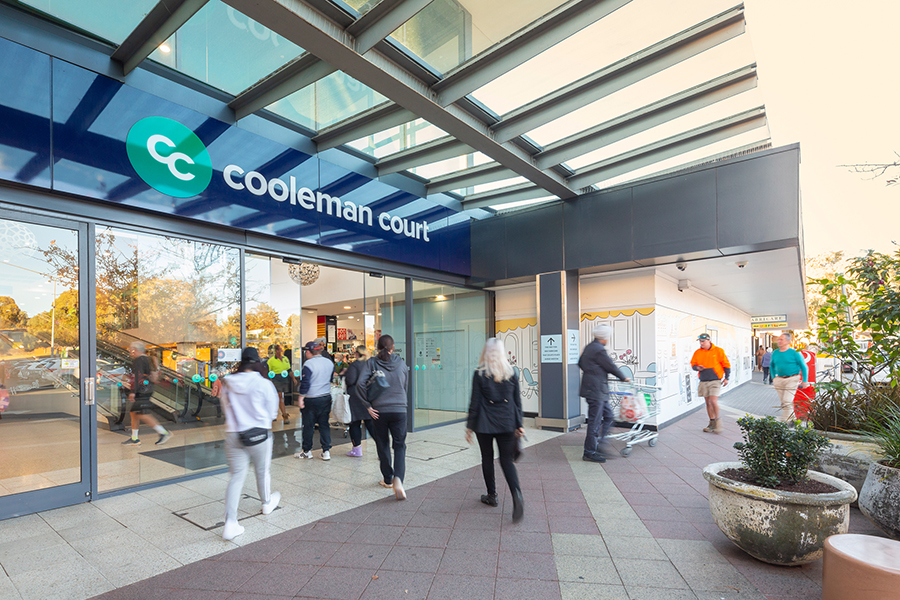As COVID-19 forced retailers to temporarily shut up shop, it has created the issue of ongoing rental payments and how they can be negotiated during a time when many businesses have not been operating or are in the early stages of re-opening. Jon Sully and his team at BDC Property Partners represent more than 60 local and international retail brands. Here, Jon shares his eight tips for how retail tenants can negotiate a better leasing deal and find mutually agreeable terms in the current environment.
The world changed almost overnight as a result of COVID-19, and bricks-and-mortar retail is one of the industries most impacted. Over the past several months, we have been supporting our clients in re-negotiating their retail leases in a way that is mutually agreeable for both tenant and landlord so that they can both move through this and toward recovery. In order to complete successful negotiations, we’ve worked with both parties in the locations close to them to create bespoke solutions that work.
We are taking into account the survival phase of both shopping centres and retailers as a result of COVID-19, along with the rebuilding phase and then the ‘new normal’. Due to the state of enforced lockdown of residents, COVID-19 has caused enormous impact to the discretionary spend in shopping centres and strip shops alike.
Focusing now on the rebuilding phase post-lockdown, we believe it will take a significant period of time to rebuild the retail industry. To that end, we are advising our clients that they should be prepared to pay a percentage of their sales potentially in a stepped, capped occupancy cost scenario during this phase. The percentages are dependent upon the category and fixed-cost structure of various usages. We believe that this framework could be in place for between six to 12 months for the retail industry in non-tourist affected areas.
At this stage, predicting the ‘new normal’ is difficult as we believe it will be dependant upon the landlords’ ability to navigate their way through the survival phase to retain as many retailers as possible. However, when negotiating the abatement levels for the survival phase, it may be helpful to all to extend leases expiring in 2020 or 2021 potentially for a further 12 months to two years to soften the landing for the industry.

Eight tips for retail tenants to negotiate a better leasing deal in the current environment:
- Do your homework
Understand your local market, including what rents are being paid in the surrounding stores. Having this information will give you the tools you need for a strong negotiation, and will provide you with the right context to approach your landlord. - Know the landscape
Do your research to understand the level of vacancy in the broader asset. This will enable you to gauge how much tension is in the market, and to negotiate accordingly. - Create a benchmark
Benchmark the store and the shopping centre against other store performance and rental levels in your portfolio. - Be aware of what can and can’t be negotiated
The only thing that is unable to be negotiated is the outgoings component of a deal. Everything else is up for discussion. - Negotiate incentives
There are significant leasing incentives available across most retail asset classes. This can come in a multitude of forms – from cash back; to rent-free periods; work done on behalf of the retailer; and more. - Take the attachment out of it
Don’t get emotionally attached to any specific shop. Only complete a deal if you believe it is going to make money for you, and if it makes good business sense to do so. - Fair is fair during this time
In relation to COVID-19 negotiations, we believe it’s fair that if you haven’t been able to trade due to either a government-enforced lockdown or if a significant proportion of the surrounding tenants are closed around you, that you should not be paying any rent during your store closure period. - Recovery phase
Once you recommence trade and start the recovery phase, I believe it is fair and appropriate that you pay a sustainable level of rent as an act of good faith. I don’t believe it is financially viable to defer any rent repayments to any future periods.





















